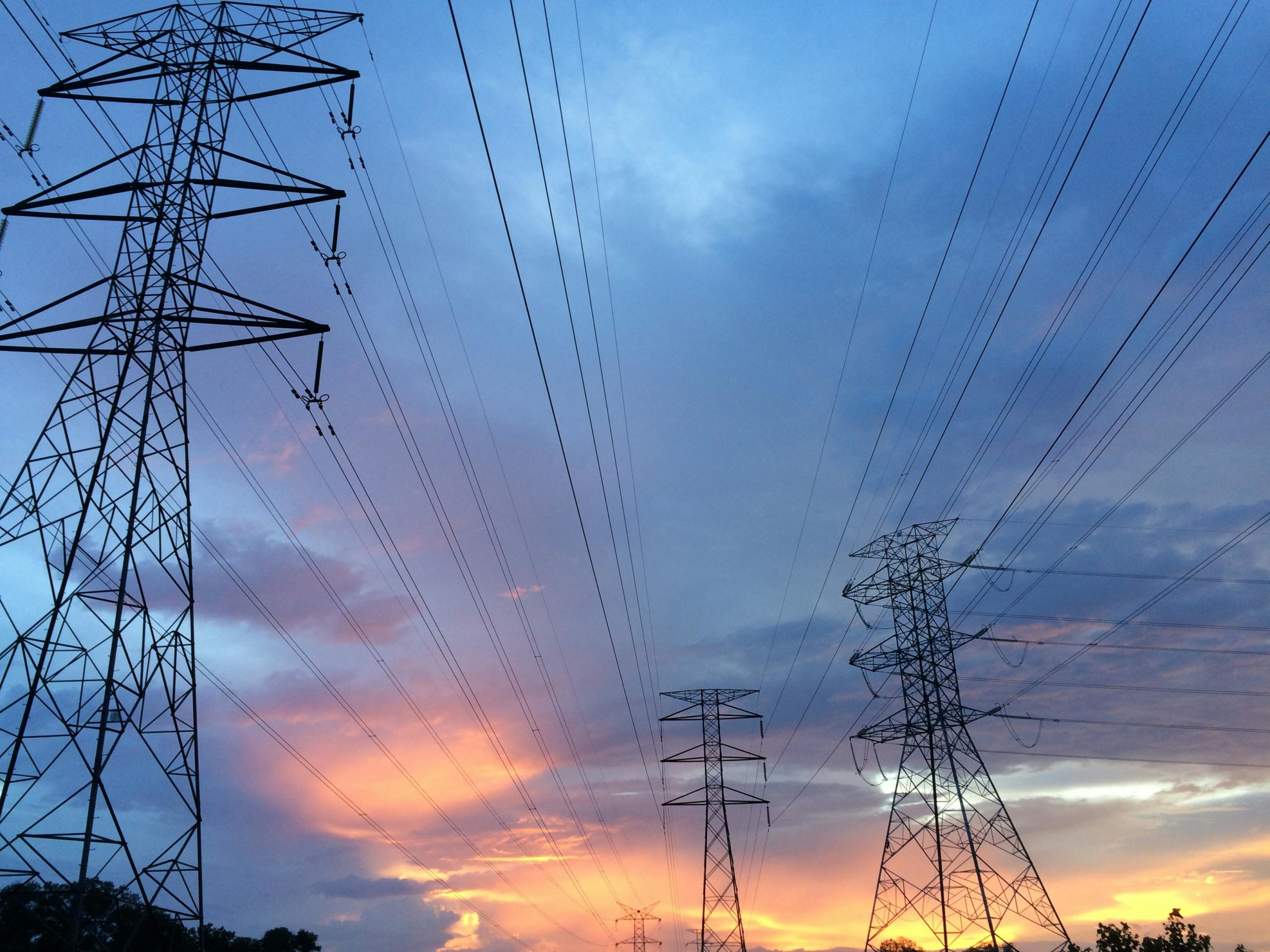RTE’s ten-year grid development plan: the Voice’s contribution

In the public debate, electricity is generally approached from the angle of production and consumption. However, the question of the grid and its future is crucial and all too often overlooked. RTE, the high-voltage network operator, has launched a public consultation on the future of the French electricity network, to which we have responded.
Voices of Nuclear aims to promote a coherent and coordinated approach to the generation, transmission and distribution of electricity, based as far as possible on the optimisation and extension of existing infrastructures. It is through this approach that we can limit the number of construction sites and their impact, in particular the need for materials, the consequences for biodiversity and landscapes, and the cost to the community. We want the network to be as simple and robust as possible, with the primary function of transporting and distributing geographically concentrated energy production. In our view, this approach is likely to encourage greater social acceptance of the energy transition through electrification.
It also highlights one of the major advantages of nuclear energy, which, thanks to its large-scale, controllable production units, makes it possible to limit the need to develop the network to a reasonable level.
The importance of public consultation
The electricity grid is the indispensable link between electricity consumers and producers. This consultation is of key importance, especially at the dawn of the massive electrification of uses forecast for the coming decades. The grid will then have to take on an unprecedented scale and complexity, in a geopolitical context where many countries will simultaneously adopt similar strategies and seek to be supplied with the same equipment.
Recommendations for an optimal approach
We feel it is important to make a number of recommendations from the outset to guide this approach:
- Transparency and sharing of conclusions: The strategic and technical motivations for this consultation, as well as its conclusions, should be shared with the various stakeholders in the French energy ecosystem, as well as with the public. The public plays a crucial role, not only because of its ability to vote on major energy issues, but also because of its acceptance of major transmission lines and its participation as an electricity producer, particularly via domestic photovoltaics.
- Taking account of network constraints: Network issues must not simply be subordinated to the production and consumption choices set out in the energy programming law. The constraints identified by network operators must be considered as input data in their own right to avoid serious economic, industrial and social consequences.
- Prior preparation of a document by ENEDIS (France’s main distribution network operator): A document distinct from the network development plan should be drawn up by ENEDIS prior to the programming law. This document would provide the structuring assumptions to be taken into account in defining the framework within which energy choices can be made.
- Coordination between grid operators: Given that the electricity network is a unified system, it is essential that any considerations and decisions concerning it result from a coordinated approach between all network operators. This includes RTE, ENEDIS and the 150 smaller operators spread across the country. ENEDIS must be involved in steering discussions on the energy futures of 2050, alongside RTE.
These recommendations aim to ensure the harmonious and rational development of the French grid, taking into account future needs and current constraints, while actively involving all stakeholders.
